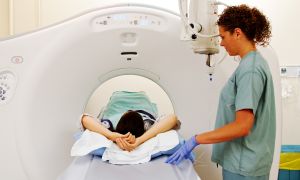Advertisement
The following are some of the services funeral homes may offer:
- Providing facilities for memorial service or funeral
- Dealing with necessary paperwork to enable burial or cremation
- Providing information to family and friends
- Placing obituaries in newspapers
- Setting up a catered meal at another location following the funeral
- Arranging special musical requests
- Ordering and caring for floral tributes on behalf of family and friends
- Accepting donations for named charities
- Arranging for vehicles and staff for funeral and graveside services
- Making arrangements for transfer of remains for funeral and burial services
- Recording donations received
- Keeping record of persons who attended any funeral or memorial service at the funeral home.
Continue Learning about Healthcare Basics
Important: This content reflects information from various individuals and organizations and may offer alternative or opposing points of view. It should not be used for medical advice, diagnosis or treatment. As always, you should consult with your healthcare provider about your specific health needs.





